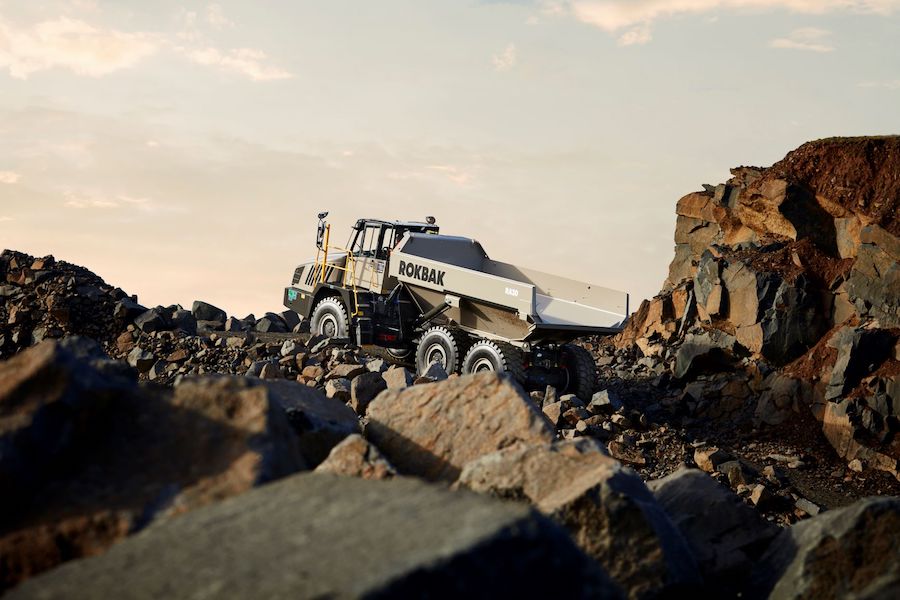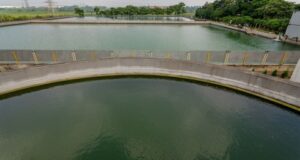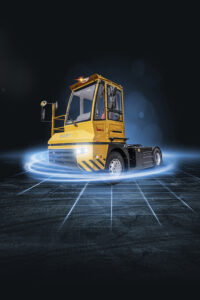As temperatures begin to drop, Rokbak has announced two extreme cold weather protection kits for its RA30 and RA40 articulated haulers. The Winter Kit protects articulated haulers working for prolonged periods in temperatures down to -25°C (-13°F), while the Arctic Kit enables safe operation in temperatures as low as -40°C (-40°F). In both kits, haulers are fitted with a thermo-heater, which springs into action when the engine is shut down, circulating coolant around the machines’ critical components. This engine-independent heater can keep a hauler’s vital organs at a set temperature for hours after the end of the working day, ensuring a fuss-free restart when it’s time to begin the next shift.
“We have many customers operating in cold climates and despite the numerous challenges they face – from frostbite to fatigue failures – downtime is simply not an option. That’s why we developed these kits to deliver industry-leading performance, productivity and reliability from our haulers, whatever the conditions they have to withstand,” said Thomas Schmitt, Rokbak’s Customer Support Manager for Europe, Russia and CIS countries. “Ensuring our haulers are always ready to work and can start up quickly in extreme cold is crucial to protecting customers’ productivity and profitability. The kits also make life more pleasant and comfortable for operators, who are likewise able to work more efficiently and productively.”
In addition to an extreme cold weather protection kit, Schmitt also recommends Rokbak customers use arctic fuel with a maximum cloud point of 6°C (10°F) as standard diesel fuel is prone to gelling or waxing in cold weather. Users should carry out regular maintenance inspections too. “Make sure the cooling system is adequately protected from the elements and that the coolant in the radiator is filled to the cap. In extremely low temperatures, the ratio of ethylene glycol antifreeze to water should be 60 to 40 to stop the water freezing and creating stress in the engine,” Schmitt explained.
If a Rokbak hauler is being stored for an extended period over the winter, it should ideally be kept under cover or the tires should at least by protected from the elements by an opaque waterproof covering. The tyres should also be blocked up so that the weight of the machine is not resting entirely on them. Batteries must also be stored where they will be protected from extreme temperatures – attempting to charge a frozen battery will often cause it to explode.






